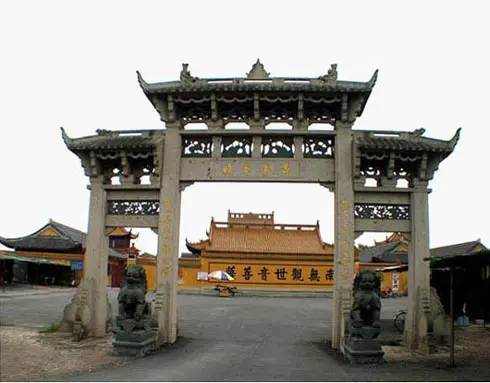South Korea on Tuesday expressed concerns over the Japanese cabinet's reinterpretation of its pacifist constitution, which will allow Tokyo to exercise collective self-defense right, urging Japan to hold fast the spirit of its constitution.
"The Japanese government changed the prior constitutional interpretation of ban on Japan's exercise of collective self- defense right into the limited permission. It equals to a great change in Japan's security policy that has been maintained under its post-war constitution, and our government closely monitors it, " the Foreign Ministry said in a statement.
The ministry urged the Japanese government, headed by Prime Minister Shinzo Abe, to adhere to the basic spirit of the 67-year- old constitution in enacting detailed laws on the exercise of the collective self-defense right.
It also urged the Abe cabinet to seek the enactment in a way that will not endanger regional peace and stability.
The statement came after the Japanese cabinet rubber-stamped a resolution on the reinterpretation of its pacifist constitution, drawn up in May 1947 by the United States after Japan's defeat in World War II.
Under the constitution's Article 9, Japan promised to "forever" renounce war as its sovereign right, vowing not to maintain army, navy and air force. Since the Self-Defense Forces, Japan's de- facto military force, was established in 1954, some ultra-right Japanese politicians pushed for the revision of the Article 9.
The resolution, ratified by the Abe cabinet, set three conditions that would enable the exercise of the collective self- defense right such as when there are "clear dangers" to the lives of its people due to armed attacks on Japan or "countries with close ties."
The ambiguous conditions will enable Japan to take military action to defend other countries even though Japan itself is not under attack, leaving the Article 9 actually scrapped.
News organizations here expressed deep worries about Japan's possible abuse of the reinterpretation. Local media called the resolution "provocation" or "precursor to war-capable Japan," calling attention to phrases such as "clear dangers" and " countries with close ties."
"Countries with close ties" may refer to nations close to Japan politically, economically and geographically such as the United States, but it can expand the category into South Korea and even Kuwait.
A Japanese government official reportedly said Kuwait can be included in the close-ally category as the Mideast country is a major crude oil supplier of Japan.
If political tensions mount in Kuwait and oil supply is stopped, it can be interpreted by Japan as "clear dangers" to its people and economy, enabling the Japanese military to intervene in the internal political affairs. Such arbitrary interpretation of the constitution will serve as an excuse for a war of aggression seen in the militaristic Japan.
Such a case can be easily applied to South Korea, close to Japan geographically and with territorial disputes over Dokdo islets, called Takeshima in Japan, lying halfway between the two countries.
Some media said that Japan may interpret the Democratic People' s Republic of Korea (DPRK)'s nuclear weapons program as "clear dangers" to its people and exercise its collective self-defense right to launch a preemptive strike.
The collective self-defense right is guaranteed by Article 51 of the United Nations Charter, which stipulates that if a country with close ties suffers an armed attack, any member country can exercise the right to use armed forces against the aggressor.
Japan's post-war pacifist constitution renounced such right, but the ultra-right Abe cabinet paved the way for the retrospective militaristic Japan in less than 70 years after its defeat in the devastating war of aggression.
The South Korean Foreign Ministry stressed that Japan will never be allowed to exercise its collective self-defense right for issues of security on the Korean Peninsula and the national interest of South Korea. Only when asked or agreed upon by South Korea, can Japan do that, the ministry said.
Opposition to the militaristic Japan emerged even inside Japan. According to a joint survey conducted by Japan's Nikkei and TV Tokyo from June 27 to 29, half of the respondents opposed scrapping the ban on the collective self-defense right as it can drag the country into war. Another recent poll of Mainichi Shimbun showed 58 percent opposing to the dropping of the ban.
On Monday, thousands of Japanese demonstrators gathered in front of Abe's official residence to protest against Abe's attempt to broaden Japan's military capabilities. A day earlier, a Japanese man set himself on fire on a Tokyo street in protest against Abe's security policy.
 简体中文
简体中文

